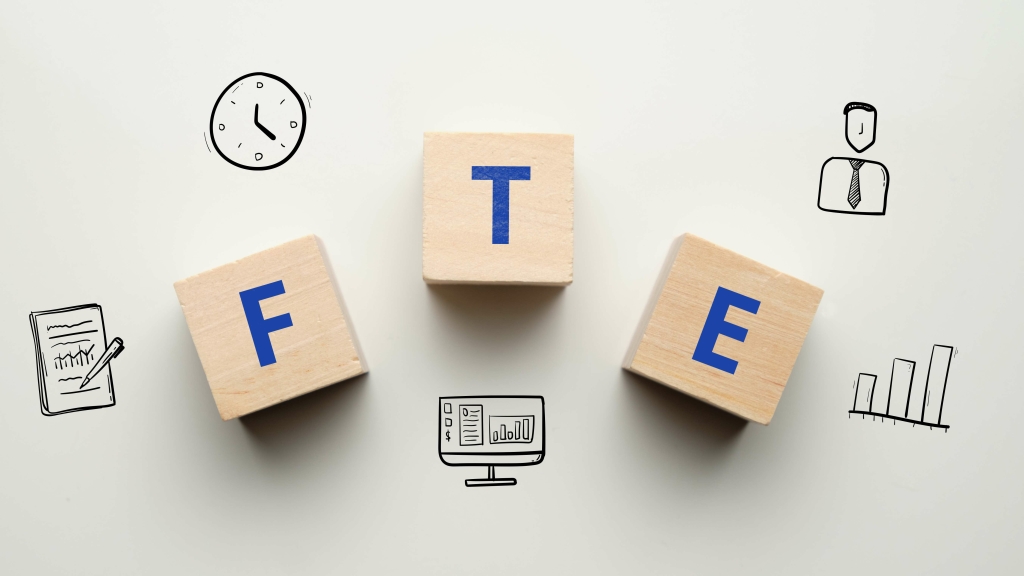
Only once the goods have safely reached their intended destination does the ownership transfer from the seller to the buyer. FOB shipping point defines a clear division of costs between the seller and the buyer. Shaun Conrad is a Certified Public Accountant and CPA exam expert with a passion for teaching. After almost a decade of experience in public accounting, he created MyAccountingCourse.com to help people learn accounting & finance, pass the CPA exam, and start their career. In this guide, we’ll walk you through the ins and outs of FOB accounting and what it might mean for your business. For the past 52 years, Harold Averkamp (CPA, MBA) hasworked as an accounting supervisor, manager, consultant, university instructor, and innovator in teaching accounting online.
Who pays for unloading with FOB delivery?
FOB stands for “Free On Board.” It shows when liability moves from the seller to the buyer. FOB destination is one of 11 Incoterms (International Commercial Terms) set by the International Chamber of Commerce (ICC) to standardize global trade. If you’re involved in importing, exporting, or shipping products, it’s important to know this term. On the other hand, the inventory balance in the periodic inventory system only needs to be updated periodically. That is usually at the end of the accounting period when we need to calculate the cost of goods sold in order to conclude the net income on the income statement.
What is the Difference Between FOB Shipping Point and FOB Destination?
Understanding the basics of each term, evaluating the risks and costs involved, and negotiating effective deals with your suppliers are all essential steps to making an informed decision. Regardless of which option you choose, careful planning and execution are essential to successfully implementing your chosen Incoterm and ensuring smooth international transactions. On the other hand, one of the disadvantages of FOB Destination is that the buyer may have less control over the quality of the goods being transported. If the seller is responsible for arranging transportation, they may choose a cheaper or less reliable carrier, which could result in damage to the goods during transit. Another advantage of FOB Destination is that it can help build stronger relationships between buyers and sellers. By taking on the responsibility of transporting goods to the buyer’s premises, the seller is demonstrating a commitment to customer satisfaction and building trust with the buyer.

Buyer’s Roles and Responsibilities in FOB Destination
FOB is part of the incoterms list published by the International Chamber of Commerce. These terms are used to standardize shipping and freight contracts and avoid lengthy negotiations by expressing contractual obligations in simple phrases. FOB Destination means that the ownership of the products transfer from the seller to the buyer only when the goods arrive at the buyer’s location, in good condition. FOB Destination is more beneficial to the buyer, whereas FOB Shipping Point benefits the seller.
How to document FOB shipping terms
The internationalization of markets and technological progress in logistics, distribution, and communication means this affects almost every product consumers buy. The freight in account in the fob shipping point above journal entry is a temporary account that adds to the cost of goods purchased. This account will be cleared at the end of the accounting period when we calculate the cost of goods sold.

Despite the seller covering shipping costs, the ultimate responsibility and risk for the products rests with the buyer. Understanding the accounting implications of Free On Board (FOB) terms is vital for businesses engaged in international trade. Choosing FOB (Free On Board) shipping point as the basis for international shipping agreements offers several advantages for both buyers and sellers. For international shipping to go smoothly and effectively, it is essential that you understand the primary responsibilities outlined in FOB shipping point agreements. This is where FOB shipping terms come in as an essential compass for businesses engaging in international trade.

- Furthermore, once the goods leave the port of origin, the seller has limited control over the shipment and may face delays during transit.
- If the goods are damaged in transit, the customer should file a claim with the insurance carrier, since the customer has title to the goods during the period when the goods were damaged.
- The concept, outlined in the Incoterms list by the International Chamber of Commerce, streamlines shipping contracts and facilitates trade negotiations.
- FOB stands for “Free On Board” and refers to the transfer of liability from seller to buyer.
- By clearly defining these terms in their contracts and agreements, parties can help ensure a smooth transfer of goods and minimize the potential for disputes.
- Anyone who ships goods or provides services can benefit from using Skynova’s invoice template.
Notably, some Incoterms are designed exclusively for sea transport, while others are versatile enough for any mode of transportation. Each of these terms carries distinct implications for ownership, liability, and costs in the supply chain. From selecting the carrier to deciding on the shipping route, buyers have the control and flexibility to make strategic choices that align with their business needs. Specifically, FOB shipping point indicates that the buyer assumes responsibility the moment goods are loaded for departure. It is important to note that FOB does not define the ownership of the cargo, only who has the shipping cost responsibility. Skynova also has software products to help ease tasks, such as accounting, creating worker orders, producing credit notes, and requesting retainers.

Buyer Responsibilities
It indicates the point at which the costs and risks of shipped goods shift from the seller to the buyer. Since the customer takes ownership of the goods at its own receiving dock, that is also where the supplier should record a sale. Since the computers were shipped FOB destination, Dell (the seller) is responsible for the goods during the shipping process.
- So, an FOB transaction could muddy your financial picture as you make a quarterly financial statement.
- If the goods are damaged in transit, the supplier should file a claim with the insurance carrier, since the supplier has title to the goods during the period when the goods were damaged.
- Importantly, the ownership of the goods does not shift to the buyer until they physically receive the items at the destination.
- For the past 52 years, Harold Averkamp (CPA, MBA) hasworked as an accounting supervisor, manager, consultant, university instructor, and innovator in teaching accounting online.
- The title and risk move from the seller to the buyer once the goods arrive at the destination.
- FOB destination is a shipping term used in international trade and freight logistics.
Who is responsible for shipping costs in FOB shipping point?


